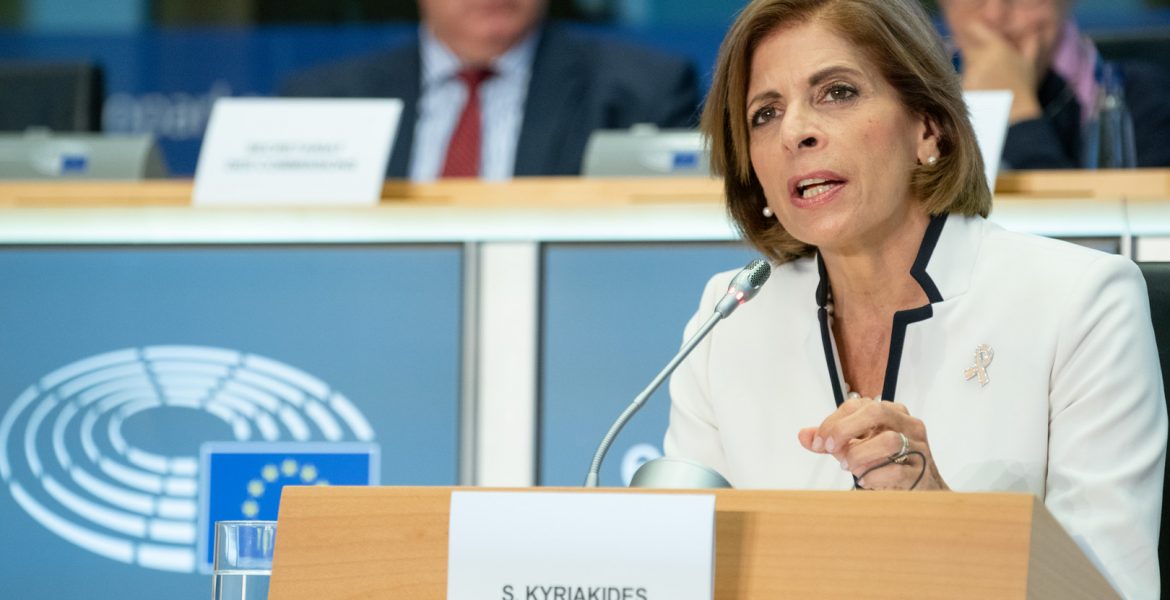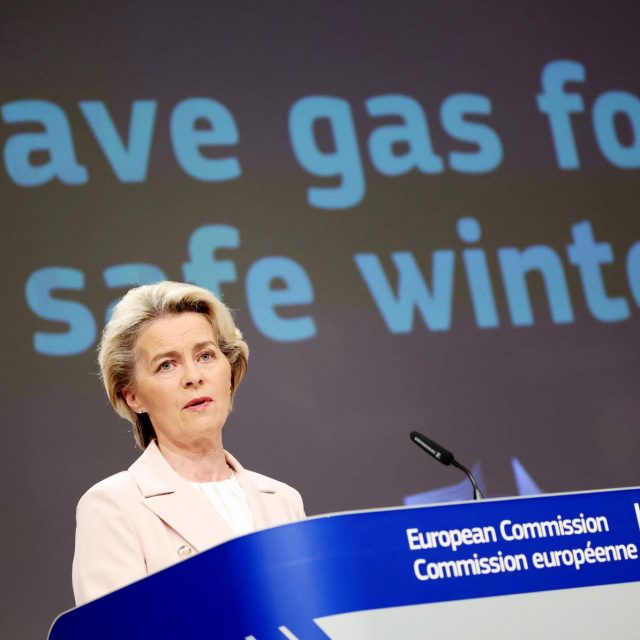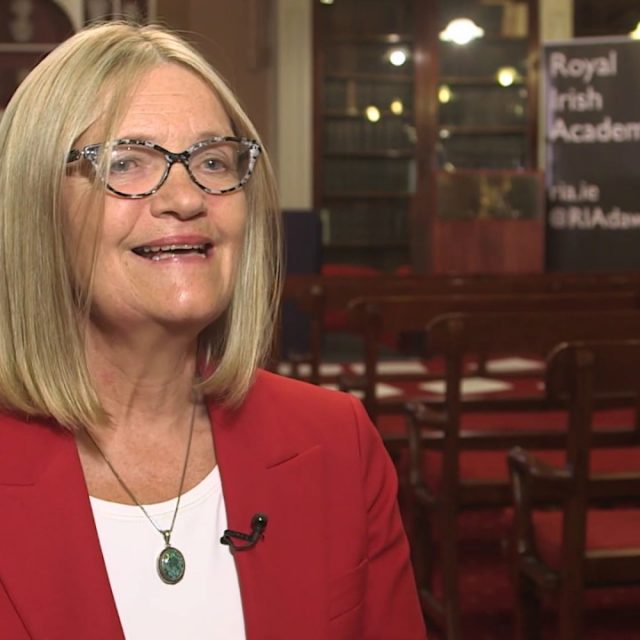The European Commission has granted a conditional marketing authorisation (CMA) for the COVID‑19 vaccine Nuvaxovid, developed by Novavax, the fifth COVID-19 vaccine authorised in the EU.
This authorisation follows a positive scientific recommendation based on a thorough assessment of the safety, effectiveness and quality of the vaccine by the European Medicines Agency (EMA) and is endorsed by the Member States.
The President of the European Commission, Ursula von der Leyen, said: “At a time where the Omicron variant is rapidly spreading, and where we need to step up vaccination and the administration of boosters, I am particularly pleased with today’s authorisation of the Novavax vaccine. This is the fifth safe and effective vaccine of our vaccine portfolio, offering welcome additional protection to the European citizen against the pandemic. May this authorisation offer a strong encouragement to everyone who has not yet been vaccinated or boosted, that now is the time to do so.”
Stella Kyriakides, Commissioner for Health and Food Safety, said: “Today we add a fifth vaccine to our portfolio of safe and effective vaccines. This is our first protein-based vaccine, which shows promising results against COVID-19. Vaccination and boosting to increase protection against COVID-19 is today more important than ever if we are to stem the wave of infections and counter the emergence and spread of new variants. Today we are offering yet another safe and effective vaccine to our citizens, alongside a renewed call to vaccinate, vaccinate, vaccinate!”
On the basis of EMA’s positive opinion, the Commission has verified all elements supporting the marketing authorisation and consulted Member States before granting the conditional marketing authorisation.
The Commission signed with Novavax on 4 August 2021. With the conditional market authorisation, Novavax will be able to deliver up to 100 million of their COVID-19 vaccine to the EU starting in the first quarter of 2022. The contract allows Member States to purchase an additional 100 million doses over the course of 2022 and 2023. The first doses are expected to arrive in the first months of 2022 and for this first quarter, Member States have ordered around 27 million doses. This will add to the total amount of 2.4 billion of the vaccine by BioNTech/Pfizer, 460 million doses of the vaccine by Moderna, 400 million by AstraZeneca as well as 400 million doses by Janssen
A conditional marketing authorisation (CMA) is an authorisation of medicines on the basis of less complete data required for a normal marketing authorisation. Such a CMA may be considered if the benefit of a medicine’s immediate availability to patients clearly outweighs the risk linked to the fact that not all the data are yet available. However, it also ensures that this COVID-19 vaccine meets the EU standards, as for all other vaccines and medicines.
Once a CMA has been granted, companies must provide within certain deadlines further data including from ongoing or new studies to confirm that the benefits continue to outweigh the risks. CMAs are foreseen in the EU legislation specifically for public health emergencies and is considered the most appropriate regulatory mechanism in this pandemic for granting access to all EU citizens and for underpinning mass vaccination campaigns.
Novavax submitted an application for a CMA for their vaccine to EMA on 17 November 2021. Such a short time for evaluation is only possible because EMA has already reviewed some data during a rolling review. This rolling review and the assessment of the CMA application allowed EMA to quickly conclude on the safety, effectiveness and quality of the vaccine. EMA recommended granting the conditional marketing authorisation as the benefits of the vaccine outweigh its risks.
The European Commission has verified whether all necessary elements – scientific justifications, product information, educational material to healthcare professionals, labelling, obligations to marketing authorisation holders, conditions for use, etc. – were clear and sound. The Commission also consulted the Member States, as they are responsible for the vaccines marketing and the use of the product in their countries. Following the Member States’ endorsement and on the basis of its own analysis, the Commission decided to grant the conditional marketing authorisation.




